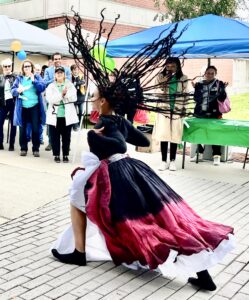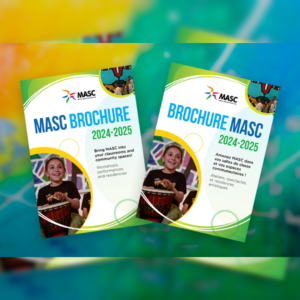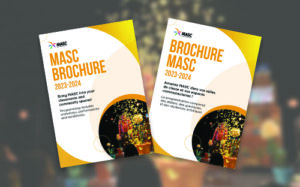Interview: Le R Premier, founder of Scribes & Griots
By Jessica Ruano | January 5, 2022
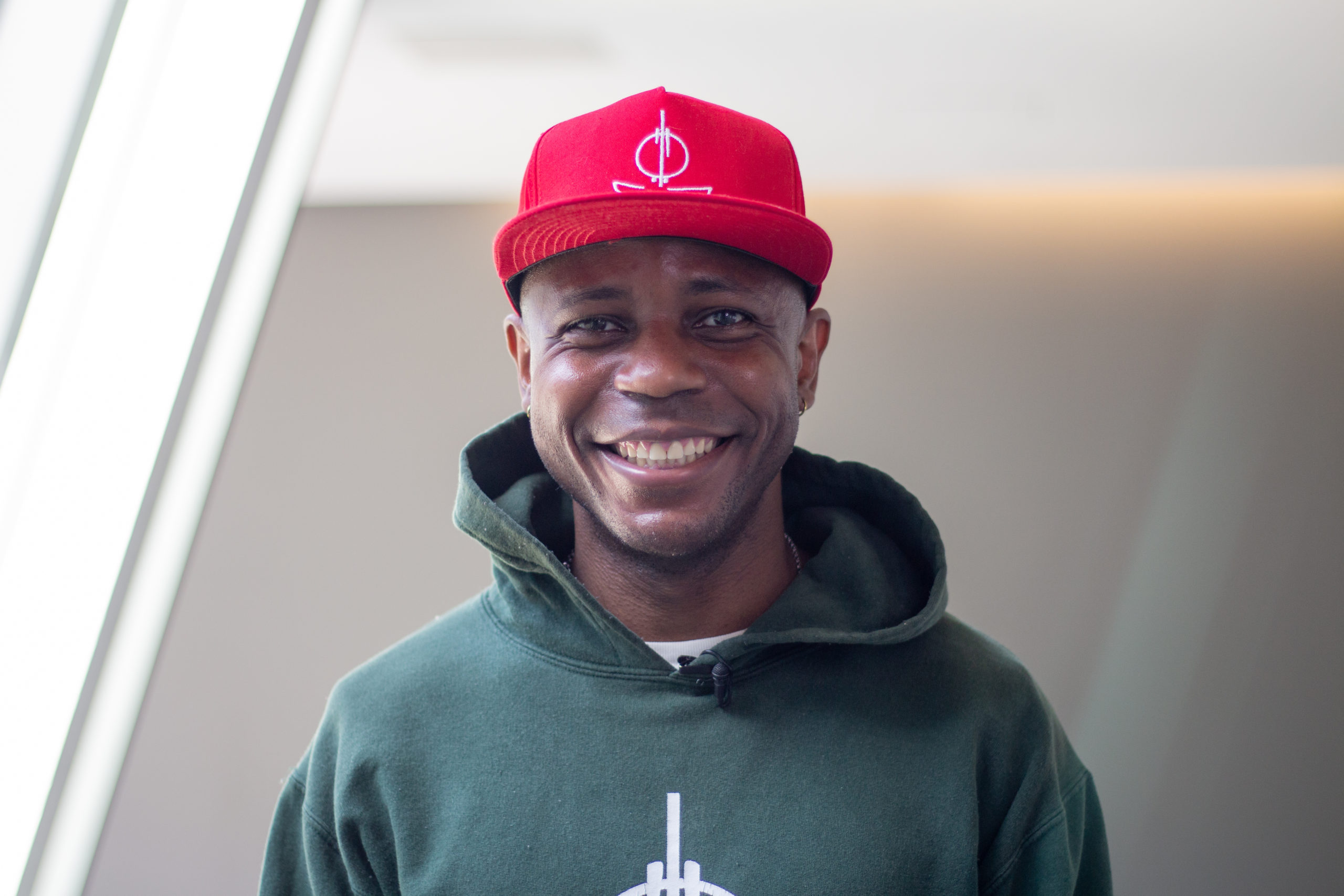
This interview was originally published on Apt613.ca
Founded by the artist Le R Premier, Scribes & Griots aims to connect past, present, and future by strengthening intergenerational ties through the sharing of cultural expertise and knowledge.
Through its participation in various initiatives such as the Festival Planète Urbaine, the programming of Pique-niques de la Francophonie et Africain as part of the Festival Franco-Ontarien, and “La diffusion dans toute sa diversité” with Réseau Ontario, Scribes & Griots contributes to the enrichment of the collective experience of the Francophonie in Ottawa.
Scribes & Griots is committed to the community and offers a variety of workshops, conferences, and consultations on themes related to the diversity of cultural expression. In this article, Le R Premier talks about working with youth and the role of the arts in the fight against racism.

MASC: Congratulations on the launch of your video poem “Open Letter” in collaboration with director Randy Kelly last week! The poem is a call to action to end racism, and the video features many people from the community reciting your words. Why this directorial choice?
Le R Premier: Thank you very much! This a text that invites us to see racism as our common enemy and treat it as such. In a broader sense, the poem-letter proposes a humanistic vision that can easily be applied to all forms of discrimination.
When Randy first read it, he immediately contacted me offering to make a video poem out of it. We quickly realized that showcasing the faces of many different people would be the strongest conceptual choice. After all, it is only together that we will be able to overcome inequality. We are all human above all, united in the diversity of our identities: It is precisely this union that amplifies our message. A message that is all the more important because we live in a context where everything seems to divide us.
Randy’s film work is extraordinary. It’s a video poem you’ll want to watch and share with everyone, as it really gets to the core of who we are and what we can accomplish. I hope that it resonates with people and that its message spreads widely in our community and beyond.
How do you think the arts can contribute to the fight against racism?
The arts can be purely aesthetic, but they can also be a powerful and effective tool for social progress. While it is true that the arts often mirror the world we live in, the arts must above all embody the positive transformations that we would like to see in the world, in addition to denouncing injustice. The arts also play an important role in the public perception of key issues. They can provoke exasperation but also change minds and perspectives. The arts alone will not solve discrimination, but they have the power to trigger and nurture the profound ideological changes that will serve as the foundation for a more just society. The arts are an excellent barometer of whether or not we are moving in the right direction. They are extremely valuable.
MASC: As a MASC artist, what is the benefit of offering your workshops and performances in schools and in the community?
Le R Premier: I have had the opportunity to take part in the Awesome Arts en Folie Festival organized by MASC on several occasions. It is an absolutely extraordinary experience in that it provides participants with the guidance, tools, and platforms to express creatively the issues that are important to them. It’s a great example of how the arts can bring vitality and help strengthen the social fabric of communities.
It is necessary to continue to invest in the transmission of cultural knowledge and know-how through this type of initiative. This is why the work we do in schools and in the community is so important to me.
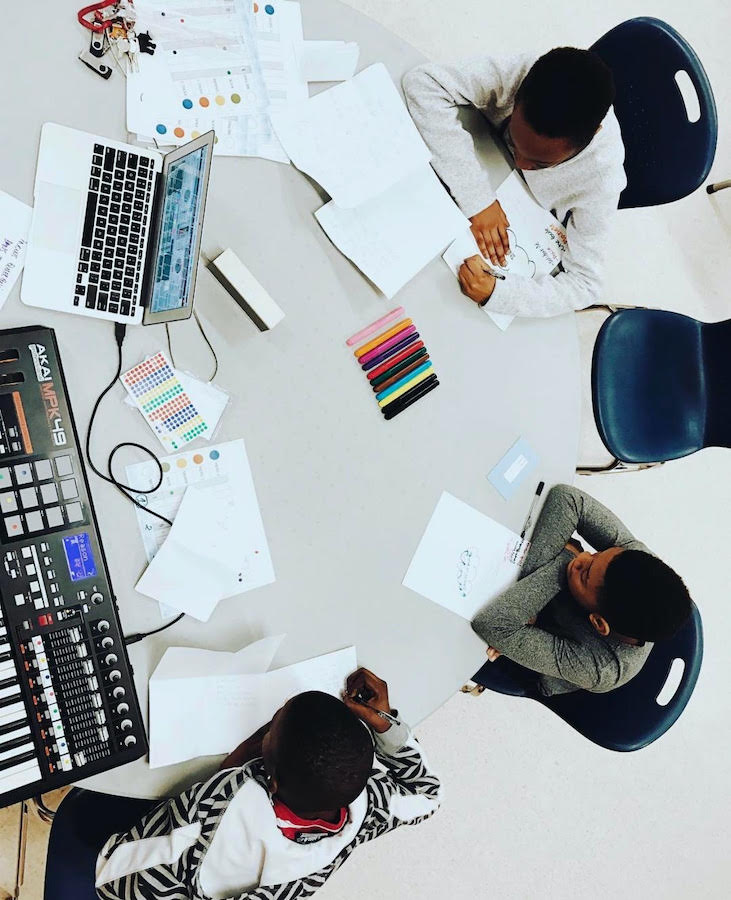
You have worked with MASC, but you now represent Scribes & Griots. How does this change what you will offer the program?
Since its inception in 2011, Scribes & Griots has been working to promote diversity in cultural expression. The choice to continue our work through MASC comes from a desire to broaden the horizon of possibilities and have a greater impact with our programs.
Through Scribes & Griots, I am convinced that we will be able to navigate a much broader cultural space, go even deeper in our exploration, and offer richer experiences.
Why do you think it is important for our communities to have access to professional artists?
Connecting professional artists to communities helps to energize what can be called the “virtuous cultural circle.” Artists are the fruit of the community, so I believe that in order for artistic development to be more sustainable, it is important for art to be ever-present in order to enrich communities – not only by sowing seeds that will blossom in the great artists of tomorrow, but also by actively contributing to creating a society where expression, creativity, and innovation are valued.
Your online programs with MASC explore “beatmaking” and the art of writing poetic passages. What are the themes that appear in youth poetry? In other words, what do you think is important for young people today?
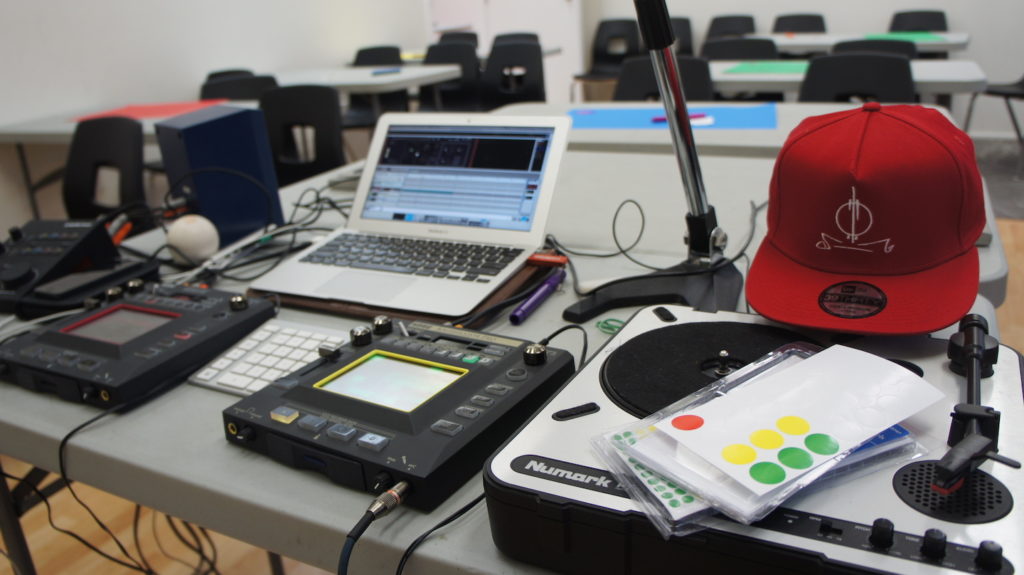
The themes that most often emerge from working with young people seem to revolve around three areas: social justice, cooperation, and the environment. This is reassuring to see, and a sign that these values must continue to be nurtured and developed among young people. It would be good to maintain dialogue and listen to them in order to better equip them to meet the challenges that the future holds.
This is also why the work we are doing is so important. Through our programs with MASC, we are setting up mechanisms through which the concerns of young people and communities are articulated and made more visible and audible.
Latest News
View All Articles

